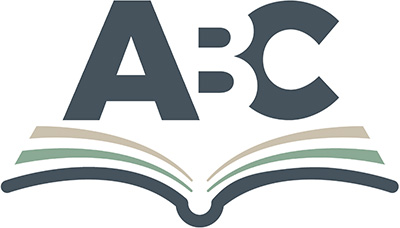As the Baby Boomer era steps into their retirement years, many are excited to move onto their newfound freedoms.
No matter what is next after working hard for the past 30+ years, (visiting the grandchildren, finding
their snowbird home, or traveling the world) peace of mind and worry-free living is at the top of many retirees’ minds. These principles can be applied to pre-retirement planning and peaceful living.
Peace of mind by definition is “the absence of mental stress or anxiety”. This means not worrying about everyday chores, about who is going to take care of your mail when you want to travel for six months, and about monthly bills like utilities, mortgages, credit cards, and car loans. Peace of mind can also mean a family finding assistance for a loved one that no longer has the ability or memory to perform everyday responsibilities.
The following information may provide a few quick tips and insight about services when the need for a little peace of mind arises.
Tip #1:
Start a household budget
– Create a monthly budget that includes household bills, spending money, and any other monthly expenses.
Make sure to record your expenses against your monthly budget and stick to it.
Remember to deposit into a separate bank account for monthly payments to cover annual expenses like annual taxes, insurance, vehicle license renewals, etc. This account is like a savings account but different.
Tip #2:
Set up Automatic Bill Pay
– Most companies give you the ability to set up automatic withdrawals through your credit and bank accounts and to pick your payment dates. Picking payment dates that correspond to the dates with your deposits can be very helpful. If this is not available, make sure to manually track your payment dates. Now some bill paying websites will let you pre-schedule a payment too.
Tip #3:
Have a plan for your mail
– If you plan on traveling or are unable to consistently track your mail make sure you have a resource like a friend, neighbor, family member, or bookkeeper that you trust to open your mail or forward mail to where you may be at.
Tip #4:
Reconcile your Credit Card and Bank Accounts monthly
– In the same way that you balance your check book; you should do the same with Credit and Debit cards. At least once a month, you should compare purchases, payments, and deposits in your accounts. There are also bookkeeping and accounting services that specialize in reconciliations if you don’t have the time energy or patience to manage your financial books.
Tip #5:
Make sure to have a financial resource – If you haven’t already done so, make sure you have a financial resource like a financial planner or advisor. Financial planning becomes very important when you retire, or preparing for retirement, because most retirees are living on a modest fixed income.
Tip #6:
Apply for Social Security
– You can access Social Security as early as 62 (look this up to be sure the age didn’t change), but it’s suggested you wait until 65. This is another great conversation to have with your financial planner.
Tip #6:
Always remember that Cash is King & Budget is Boss. Get debt-free as soon as possible and then stay in positive cash-flow. Only in a debt-free state will the financial world work in your favor.

